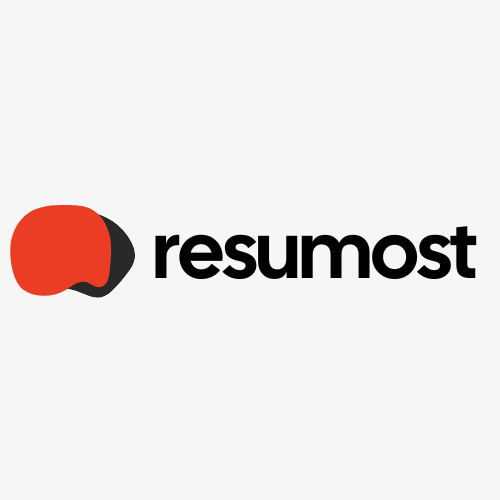How Long After an Interview Should You Expect to Hear Back?
The post-interview wait is nerve-wracking. This guide breaks down typical hiring timelines, what's causing delays, and how and when to follow up professionally without hurting your chances.
So, What's the Standard Waiting Time?
While there's no single, definitive answer, the most common timeframe to hear back after an interview is between one and two weeks. For a straightforward, single-interview process at a small company, you might hear back in just a few days. For a multi-stage process at a large corporation, it could stretch to a month or more.
The key is to remember that a longer wait isn't automatically a bad sign. It often has nothing to do with you and everything to do with the complex, human-led process of hiring.
What's Happening Behind the Scenes? Factors That Delay a Decision
When the silence feels deafening, it’s easy to assume the worst. In reality, a dozen different things could be slowing down the process.
Company Size and Structure
A small startup with a flat hierarchy can make a decision in an afternoon. A multinational corporation, on the other hand, might need sign-off from multiple departments, budget approval from finance, and a final green light from a director who is currently on vacation. More people means more potential for delays.
The Role's Seniority
Hiring for an entry-level position is usually quicker than filling a senior leadership role. Executive positions require more extensive interviews, stakeholder meetings, and thorough background and reference checks, all of which add time to the clock.
The Candidate Pool
If you were one of the last candidates to be interviewed, the decision might come quickly. If you were one of the first, the team likely has many more people to meet before they can even begin to compare notes and make a final choice.
Internal Hurdles and Red Tape
Sometimes, unexpected things get in the way. A key decision-maker might get sick, an urgent project could pull everyone’s attention away, or the company might even be re-evaluating the budget for the role. These are things you have no control over.
Making Your Move: The Art of the Follow-Up Email
Waiting passively can feel powerless, but a well-timed, professional follow-up can remind the hiring manager of your enthusiasm without making you seem impatient.
When should you send it?
- Respect Their Timeline: The most important rule. If the interviewer said, "We'll be in touch by the end of next week," do not email them on Wednesday. Wait until the following Monday to check in.
- The One-Week Rule: If no timeline was given, waiting 5-7 business days after your interview is a good standard. It shows you’re organized and still interested.
What should you say?
Keep it short, polite, and professional. You’re not demanding an answer; you’re simply reaffirming your interest.
- Subject Line:
Following up on [Job Title] Interview - Greeting: A polite "Hello [Hiring Manager's Name],"
- The Body: Thank them again for their time. Briefly reiterate your strong interest in the role and the company. Politely ask if there are any updates on the timeline for the position.
- The Closing: End with a simple "Best regards," or "Sincerely,".
Don't Hit Pause: How to Stay Productive While You Wait
The absolute best thing you can do while waiting is to keep your own momentum going. Don't put your entire job search on hold for one potential offer.
Continue applying for other roles that excite you. Not only is this a practical way to keep your options open, but it also shifts your mindset from one of scarcity to one of abundance. When you’re actively pursuing other opportunities, one delayed response feels less like a catastrophe and more like a minor data point.
This is also a fantastic time to refine your professional brand. Take another look at your application materials. Ensuring your career story is compelling and flawlessly presented is crucial. Using a modern resume builder can give you the confidence that you're always putting your best foot forward for the next great opportunity that comes along.
When Silence is the Answer: Dealing with "Job Ghosting"
Unfortunately, some companies never close the loop. "Job ghosting"—where a company simply ceases all communication—is a frustrating reality. If a few weeks have passed and you've sent a follow-up email with no response, it's okay to mentally move on.
Don't take it personally. A company that doesn't respect candidates' time enough to send a simple rejection email has revealed a lot about its culture. Consider it a dodged bullet and focus your energy on employers who value clear and respectful communication.
© 2026 Resumost.
We love that you're reading our work! Please note that this content is our own. If you'd like to share or re-post it, please reach out to us for permission first. Unauthorized scraping of this site is not permitted.

The Resumost Team
Resumost instantly creates a compelling, professional letter based on your newly tailored resume and the specific job you're targeting.
